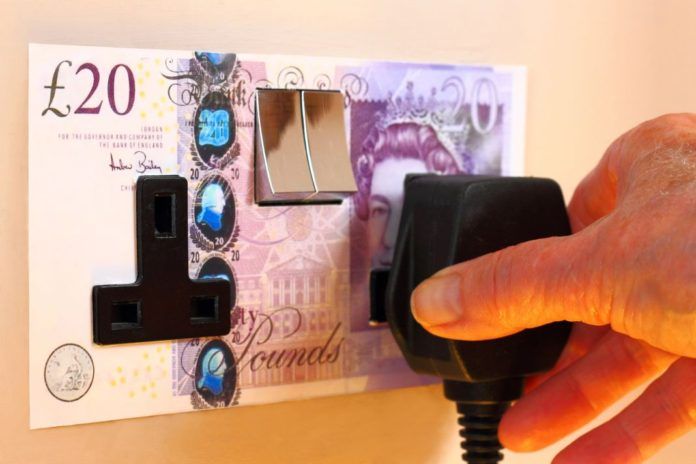
The Chartered Institute of Plumbing and Heating Engineering (CIPHE) has issued a rallying call as temperatures start to fall.
The professional body said the plumbing and heating industry must do all it can to help prevent thousands of avoidable deaths due to fuel poverty.
Latest figures on fuel poverty were a cause for great concern, it said, with 11% of UK households existing in fuel poverty according to the Department for Business, Energy & Industrial Strategy.
The crisis was expected to worsen.
Kevin Wellman, CEO of CIPHE, said this week: “Uncertainty is rife across a range of factors, including fuel prices, the UK’s economy and, indeed, the climate emergency we are facing globally. The 10,000 deaths in the Winter of 2018 that were attributable to fuel poverty is a figure which is likely to increase and highlights the crisis we are currently facing.
“One of the major obstacles to combatting fuel poverty is that it is still perceived as a housing concern. The stark reality is that the strain placed on the NHS – with around £1.4 billion a year spent on healthcare provision for those suffering from fuel poverty – makes it a health issue. In the context of people losing their lives, it seems cynical to outline financial implications, but it serves to emphasise that prevention is preferable to cure.
“Combatting the fuel poverty epidemic requires strong leadership from the government, to establish long-term strategies which will address the crisis. Initiatives, such as Hy4Heat, exploring the future of fuel are essential and welcomed, but in the short-term, members of the plumbing and heating industry can contribute to beating a problem in need of immediate action.
“The role of domestic installers puts them in the unique position of entering people’s homes, perhaps more than in any other profession. This presents the opportunity to spot the signs of fuel poverty, to offer professional advice on managing fuel consumption and costs, and to inform the relevant authorities if they see someone who is suffering.
“Being vigilant for those who are most vulnerable is important for addressing the symptoms of fuel poverty, but in order to help prevent it from happening in the first place, plumbing and heating engineers also need to ensure they keep abreast of the latest technological and legislative changes.
“It is no exaggeration to suggest that the skills shortage we currently face in our industry is at least partially to blame for the fuel poverty crisis. Incorrectly specified and installed appliances which are not as energy efficient as they should be, or appropriate for their location, increases the burden on those already struggling to pay energy bills.
“This is why we must encourage everyone in plumbing and heating – from top to bottom – to engage with CPD and improve the provision of apprenticeships for those looking to enter the profession. Fuel poverty and the skills shortage are intrinsically linked, and rather than wait for a silver bullet solution from the government, we need to act now.”
